Advocate Chaudhari restricted his arguments on a number of findings laid down by the apex court, wherein the court had described the conditionswhich attract capital punishment.
While advancing his defence arguments in the 2006 serial train blast case, senior advocate Yug Chaudhari said: "As per Supreme Court's rulings, the main criterion to award death penalty is that the quality of evidence has to be higher than expected. The evidence should be beyond reasonable doubt and above certainty." Meanwhile, the defence examined its last witness, Arun Ferreira, whom it had called to testify on the conduct of convicts in the prison.
Advocate Chaudhari restricted his arguments on a number of findings laid down by the apex court, wherein the court had described the conditionswhich attract capital punishment. "It has been observed that especially in Mumbai (court's) the application of death is much alarming than what is envisaged in the known Bachan Singh's case (Bachan Singh vs State of Punjab, 1980). The court while awarding the death penalty needs to be very clear on its reasoning. The prosecution needs to exhaust all of its options which would prove that there is no chance of reformation of the convict.
The defence had pleaded the court to call for reports from the probation officer, which would give a clear picture to the court to decide if there was any chance for the accused to reform. However, the court had rejected the application. "The fact remains that the entire burden to prove that there is no scope of reformation left with the convicts is with the prosecution; however, it has not been done in this case," argued Chaudhari.
"As per the Supreme Court's findings, the term 'rarest of rare' is not attracted with respect to the crime aspect of the case, but with the criminal's aspect. The person has to be a menace to the society and that he has a heinous mindset, with no scope of reformation. However, conditions when the crime was heinous or brutal, cannot attract the criteria of rarest of rare case," argued Chaudhari.
The senior advocate further argued on the quality of evidence recorded by the prosecution. Advocate Chaudhari said that the prime aspect for the court to award the convicts with death penalty is that the evidence which the prosecution has brought on record has to be higher than expectation. "The main point in this case is that can the death penalty be based on the confessional statement, which was not recorded before the magistrate, but was recorded by the deputy commissioner of police? Also, we cannot forget that the police officials who were investigating the case, their names have been popped up in certain criminal cases," he said.
Citing from the latest Law Commission report of August 2015, advocate Chaudhary pointed out that over 95 per cent of death sentences awarded by the trial courts either resulted in acquittals at the Supreme Court or were commuted to life. Only 4.3 per cent of the death penalties were upheld by the apex court. "Only if the accused is a threat to society is the death penalty given. In more than 95 per cent of the cases the trial courts have wrongly given the death sentence. Especially in Mumbai, the
application of the death sentence is alarmingly high," he said.
Meanwhile, the last witness in the case, was examined by the defence advocate to testify in favour of the accused. Arun Ferreira, formerly accused and later acquitted under the Unlawful Activities (Prevention) Act for alleged Maoist activities, vouched for the helpful nature of 10 of the accused persons.
![submenu-img]() Judge denies Alec Baldwin's plea to dismiss involuntary manslaughter charge in Rust shooting case, actor will now...
Judge denies Alec Baldwin's plea to dismiss involuntary manslaughter charge in Rust shooting case, actor will now...![submenu-img]() Rohit Sharma wakes up with T20 World Cup trophy beside him; pic goes viral
Rohit Sharma wakes up with T20 World Cup trophy beside him; pic goes viral![submenu-img]() NEET UG paper leak row: CBI arrests private school owner from Gujarat's Godhra
NEET UG paper leak row: CBI arrests private school owner from Gujarat's Godhra![submenu-img]() Bigg Boss OTT 3: Vishal Pandey argues with Anil Kapoor for this reason, host warns 'yeh khel bandh kar doon'
Bigg Boss OTT 3: Vishal Pandey argues with Anil Kapoor for this reason, host warns 'yeh khel bandh kar doon'![submenu-img]() Shaheen Afridi pays tribute to Rohit Sharma, Virat Kohli after legendary duo announce retirement from T20Is
Shaheen Afridi pays tribute to Rohit Sharma, Virat Kohli after legendary duo announce retirement from T20Is![submenu-img]() Meet man who lost eyesight at 8, after graduation got whopping job package at Microsoft, not from IIT, NIT, salary is...
Meet man who lost eyesight at 8, after graduation got whopping job package at Microsoft, not from IIT, NIT, salary is...![submenu-img]() Meet IAS officer, who cracked UPSC exam at 22, became a social media influencer, secured AIR...
Meet IAS officer, who cracked UPSC exam at 22, became a social media influencer, secured AIR...![submenu-img]() NEET-UG exam to be switched from pen-and-paper to online mode? Check latest update here
NEET-UG exam to be switched from pen-and-paper to online mode? Check latest update here![submenu-img]() UPSC Prelims Results 2024 expected soon, know how to download scorecard
UPSC Prelims Results 2024 expected soon, know how to download scorecard![submenu-img]() NEET UG re-exam result 2024 likely today at exams.nta.ac.in, UG medical counselling expected in July
NEET UG re-exam result 2024 likely today at exams.nta.ac.in, UG medical counselling expected in July![submenu-img]() DNA Verified: Did Kangana Ranaut party with gangster Abu Salem? Actress reveals who's with her in viral photo
DNA Verified: Did Kangana Ranaut party with gangster Abu Salem? Actress reveals who's with her in viral photo![submenu-img]() DNA Verified: New Delhi Railway Station to be closed for 4 years? Know the truth here
DNA Verified: New Delhi Railway Station to be closed for 4 years? Know the truth here![submenu-img]() DNA Verified: Did RSS chief Mohan Bhagwat praise Congress during Lok Sabha Elections 2024? Know the truth here
DNA Verified: Did RSS chief Mohan Bhagwat praise Congress during Lok Sabha Elections 2024? Know the truth here![submenu-img]() DNA Verified: Is CAA an anti-Muslim law? Centre terms news report as 'misleading'
DNA Verified: Is CAA an anti-Muslim law? Centre terms news report as 'misleading'![submenu-img]() DNA Verified: Lok Sabha Elections 2024 to be held on April 19? Know truth behind viral message
DNA Verified: Lok Sabha Elections 2024 to be held on April 19? Know truth behind viral message![submenu-img]() In pics: India beat South Africa by 7 runs to lift second T20 World Cup title
In pics: India beat South Africa by 7 runs to lift second T20 World Cup title![submenu-img]() Alia Bhatt mesmerises in gown, Ranbir Kapoor looks classy in tuxedo in latest romantic photos, fans say 'couple goals'
Alia Bhatt mesmerises in gown, Ranbir Kapoor looks classy in tuxedo in latest romantic photos, fans say 'couple goals'![submenu-img]() Newlyweds Sonakshi Sinha-Zaheer Iqbal pose candidly with paps; Anil Kapoor, Kajol, Huma Qureshi attend wedding reception
Newlyweds Sonakshi Sinha-Zaheer Iqbal pose candidly with paps; Anil Kapoor, Kajol, Huma Qureshi attend wedding reception![submenu-img]() Meet Lovekesh Kataria: Elvish Yadav's close friend, Bigg Boss OTT 3 contestant who lied to father, spent his fees on...
Meet Lovekesh Kataria: Elvish Yadav's close friend, Bigg Boss OTT 3 contestant who lied to father, spent his fees on...![submenu-img]() From Highway to Chandu Champion: 5 underrated gems from Sajid Nadiadwala
From Highway to Chandu Champion: 5 underrated gems from Sajid Nadiadwala![submenu-img]() Lok Sabha Speaker's Election: What does the Constitution say?
Lok Sabha Speaker's Election: What does the Constitution say?![submenu-img]() Explained: Why is Kerala demanding to change its name to Keralam?
Explained: Why is Kerala demanding to change its name to Keralam?![submenu-img]() DNA Explainer: What is Kafala system that is prevalent in gulf countries? Why is it considered extremely brutal?
DNA Explainer: What is Kafala system that is prevalent in gulf countries? Why is it considered extremely brutal? ![submenu-img]() Lok Sabha Elections 2024: What are exit polls? When and how are they conducted?
Lok Sabha Elections 2024: What are exit polls? When and how are they conducted?![submenu-img]() DNA Explainer: Why was Iranian president Ebrahim Raisi seen as possible successor to Ayatollah Khamenei?
DNA Explainer: Why was Iranian president Ebrahim Raisi seen as possible successor to Ayatollah Khamenei?![submenu-img]() Judge denies Alec Baldwin's plea to dismiss involuntary manslaughter charge in Rust shooting case, actor will now...
Judge denies Alec Baldwin's plea to dismiss involuntary manslaughter charge in Rust shooting case, actor will now...![submenu-img]() Bigg Boss OTT 3: Vishal Pandey argues with Anil Kapoor for this reason, host warns 'yeh khel bandh kar doon'
Bigg Boss OTT 3: Vishal Pandey argues with Anil Kapoor for this reason, host warns 'yeh khel bandh kar doon'![submenu-img]() Triptii Dimri reacts to being called 'national crush' after Animal's success: 'I always wanted...'
Triptii Dimri reacts to being called 'national crush' after Animal's success: 'I always wanted...'![submenu-img]() Gurmeet Choudhary calls trolls 'jobless people' who claim Debina Bonnerjee favours one daughter: 'Only fools could...'
Gurmeet Choudhary calls trolls 'jobless people' who claim Debina Bonnerjee favours one daughter: 'Only fools could...'![submenu-img]() Luv Sinha slams 'online campaign' against him for skipping Sonakshi Sinha's wedding with Zaheer Iqbal: 'My family...'
Luv Sinha slams 'online campaign' against him for skipping Sonakshi Sinha's wedding with Zaheer Iqbal: 'My family...'![submenu-img]() North Korea publicly executes 22-year-old man for listening to...
North Korea publicly executes 22-year-old man for listening to...![submenu-img]() Viral video: Little girl’s adorable dance to ‘Soulmate’ wins internet, watch
Viral video: Little girl’s adorable dance to ‘Soulmate’ wins internet, watch![submenu-img]() 'True motivation' : IAS officer and lawyer sibling duo's Instagram reel sparks pride across internet
'True motivation' : IAS officer and lawyer sibling duo's Instagram reel sparks pride across internet![submenu-img]() Before marriage to Shoaib Malik, Sania Mirza was linked to this actor, didn't...
Before marriage to Shoaib Malik, Sania Mirza was linked to this actor, didn't...![submenu-img]() Who's the king? Hippo confronts three lions in viral video, watch
Who's the king? Hippo confronts three lions in viral video, watch
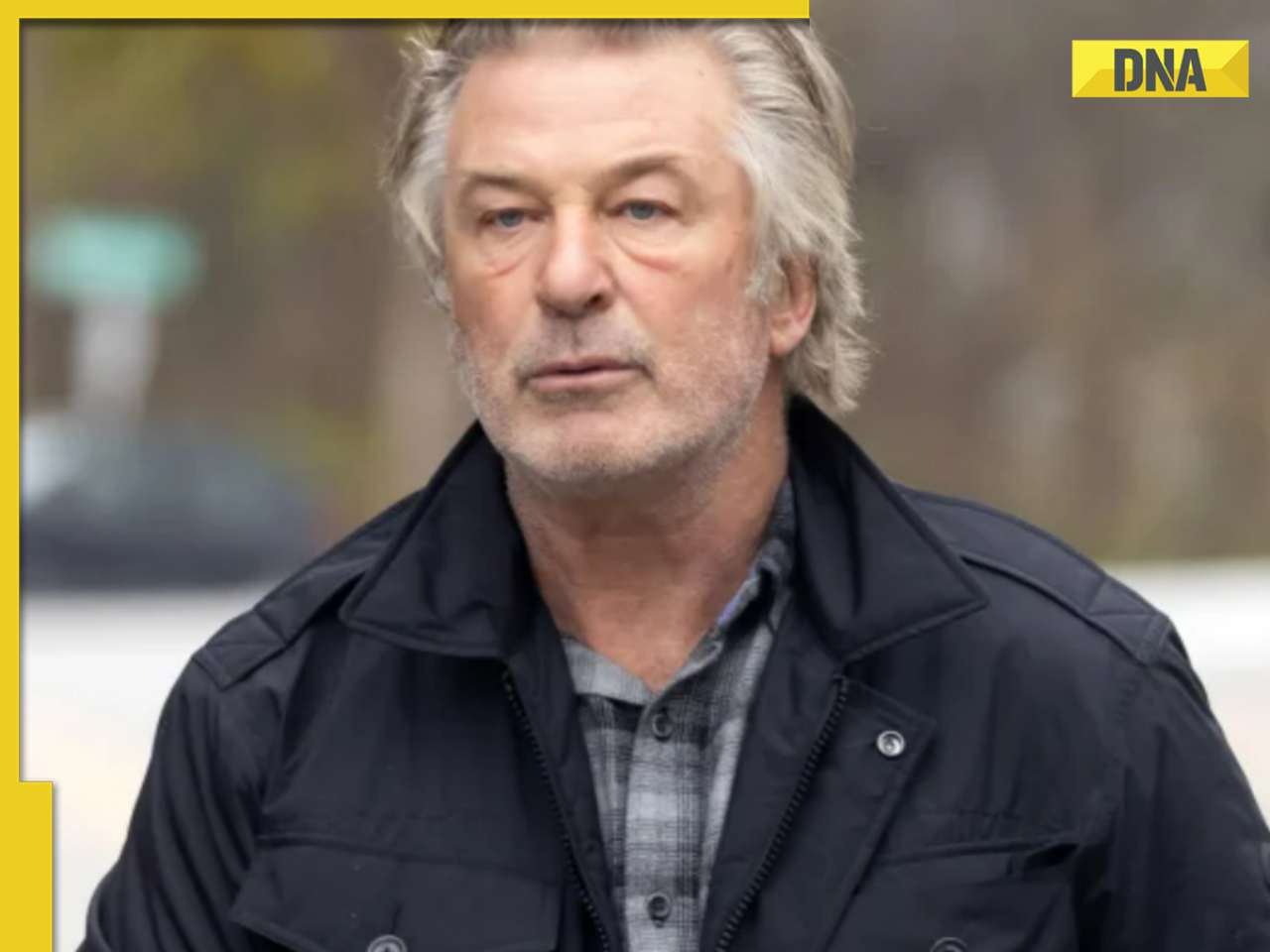
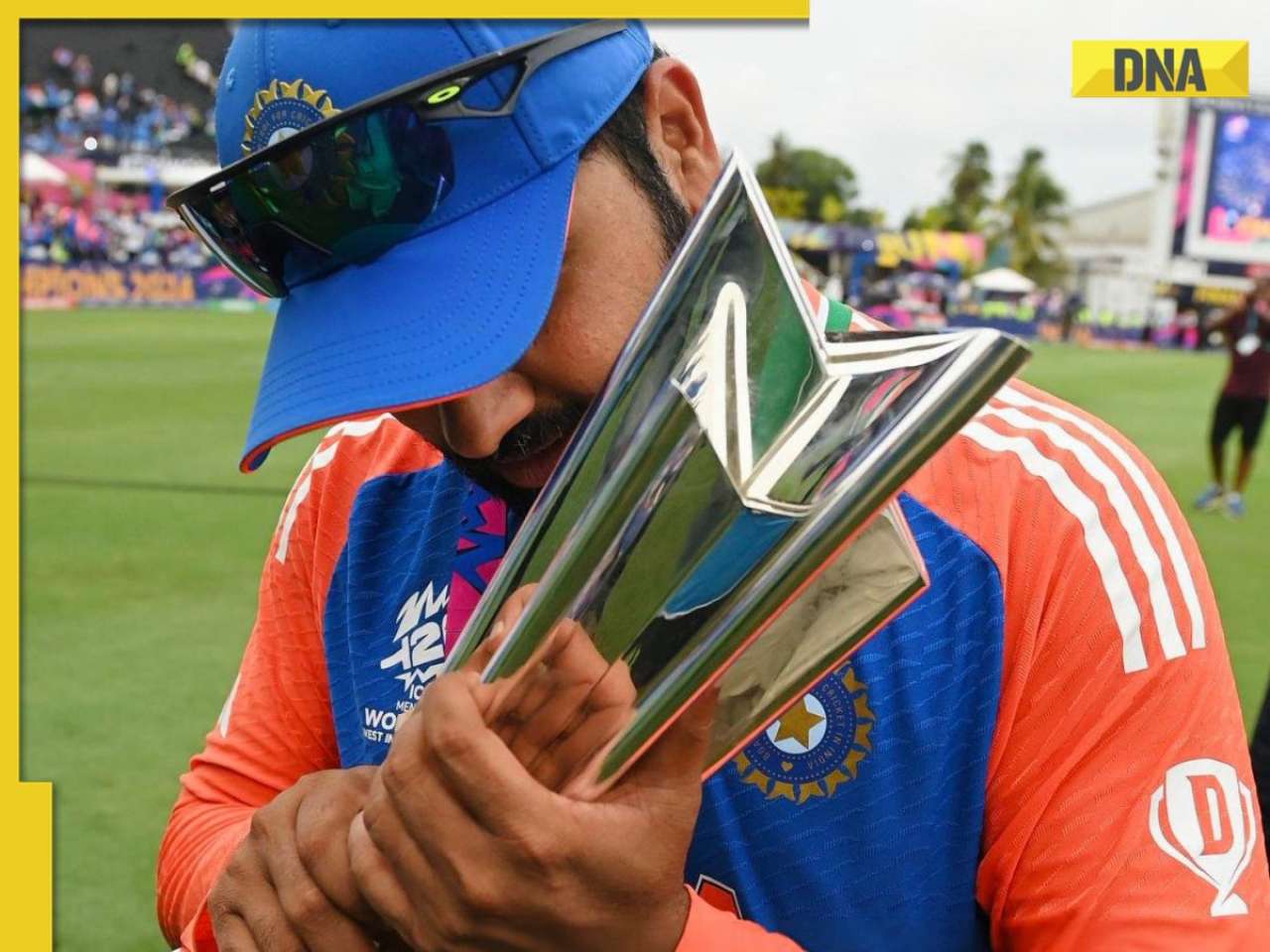
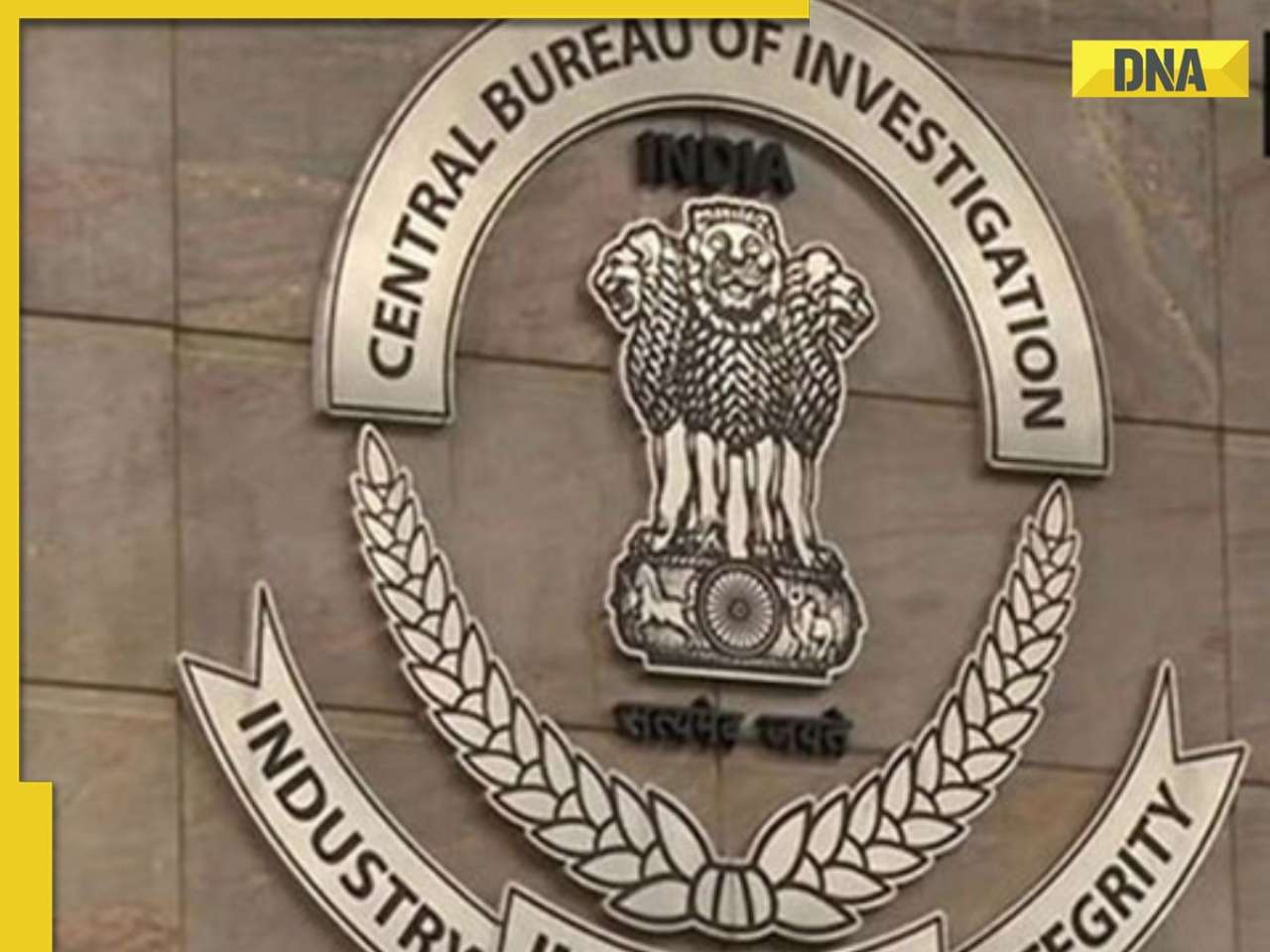
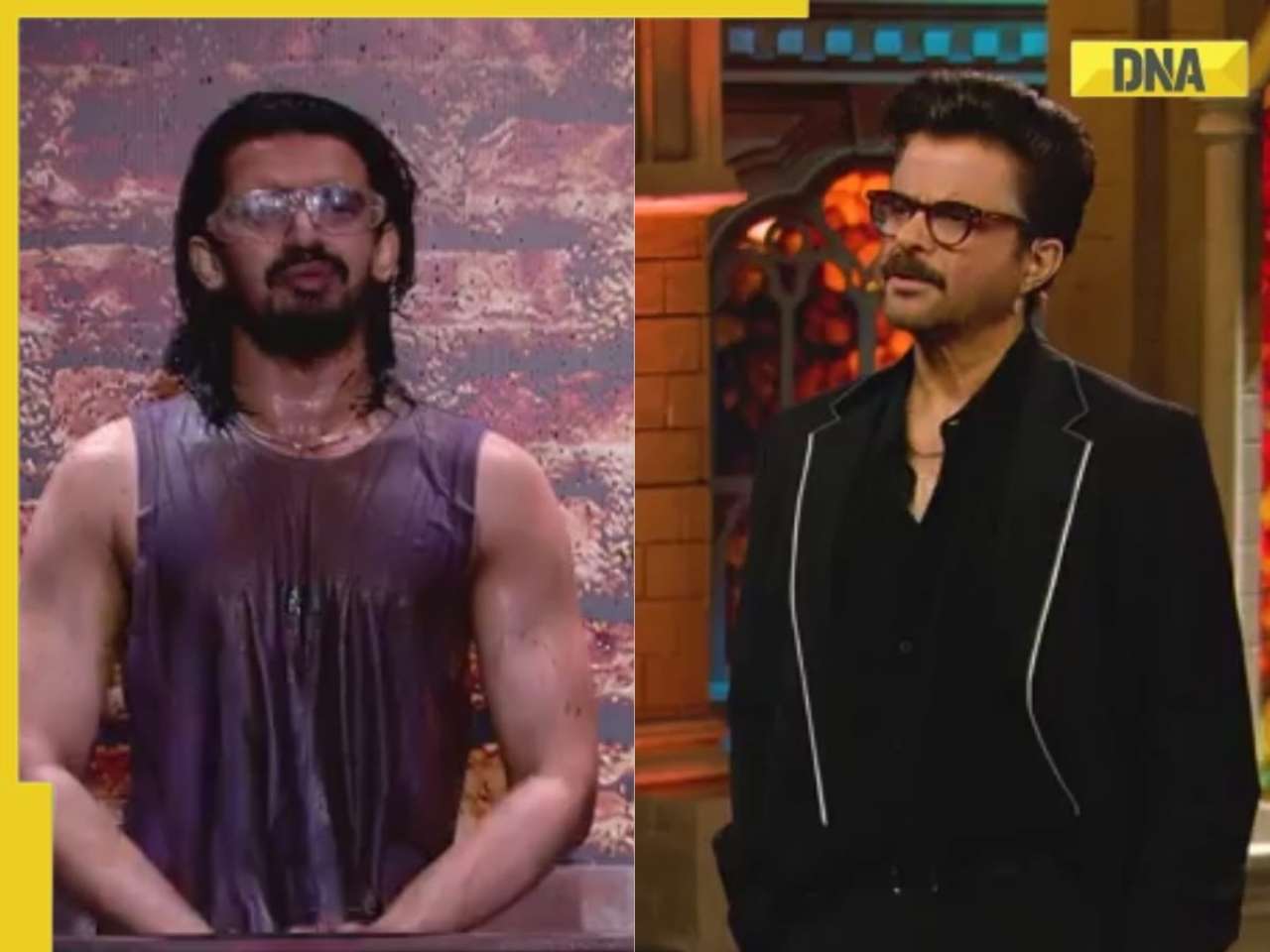






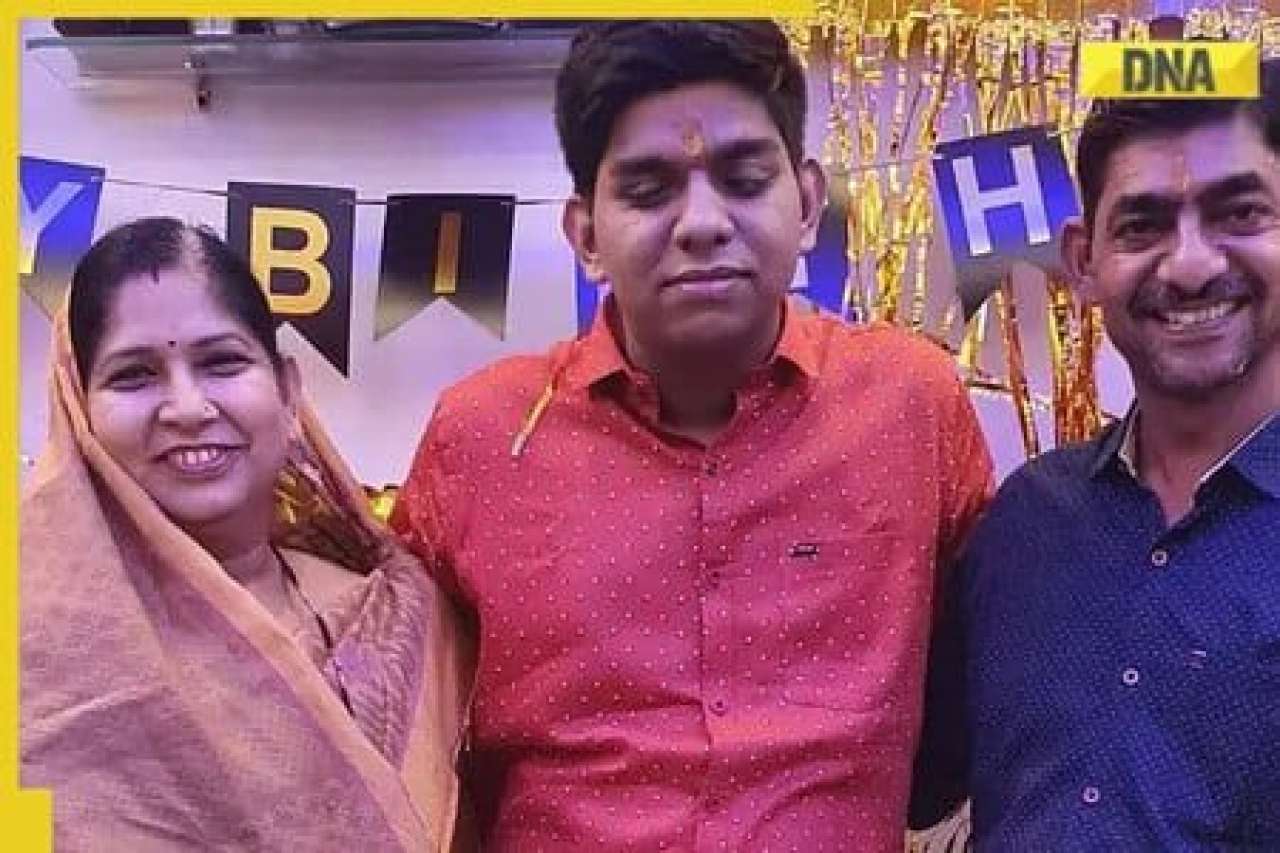

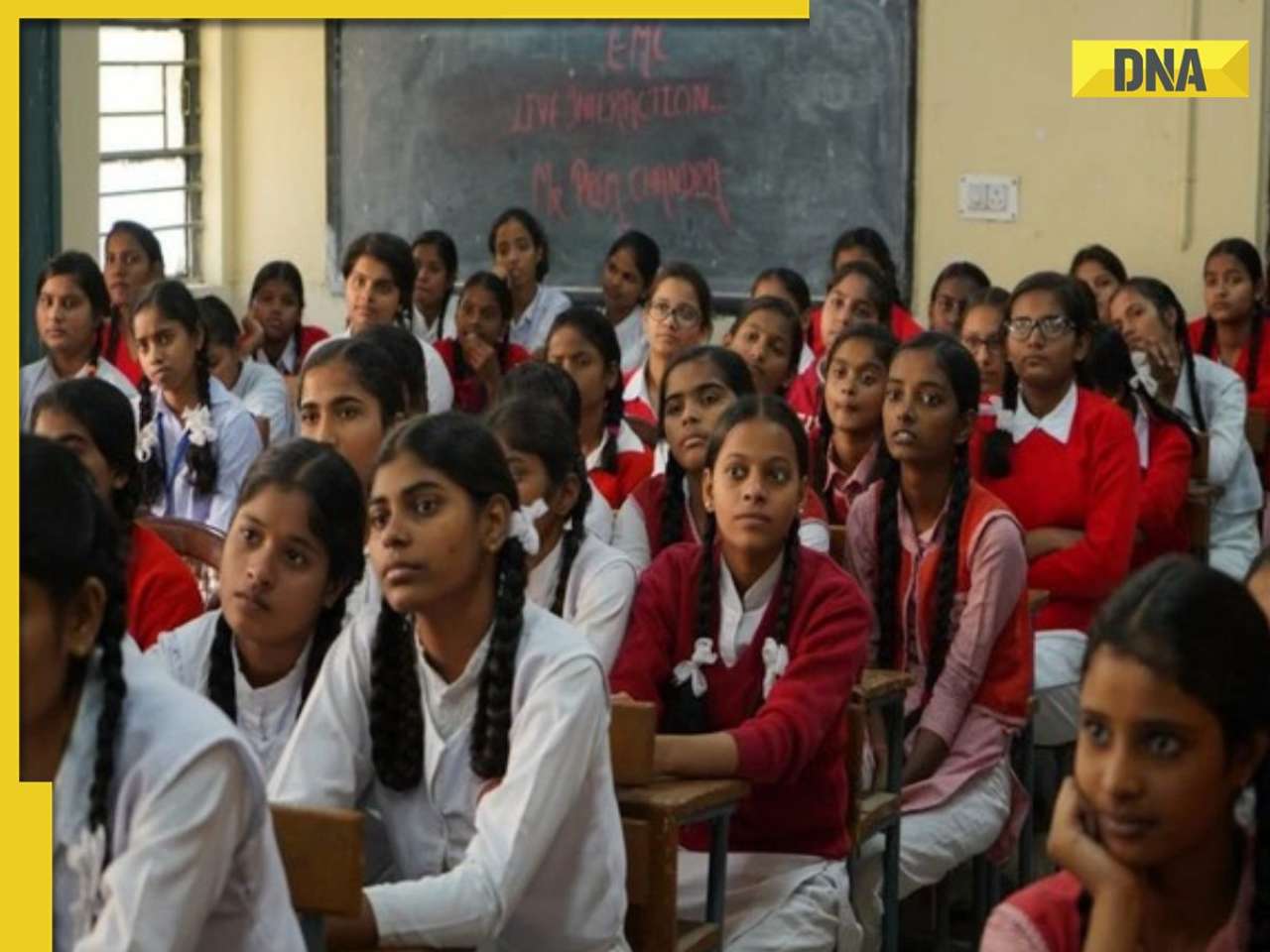
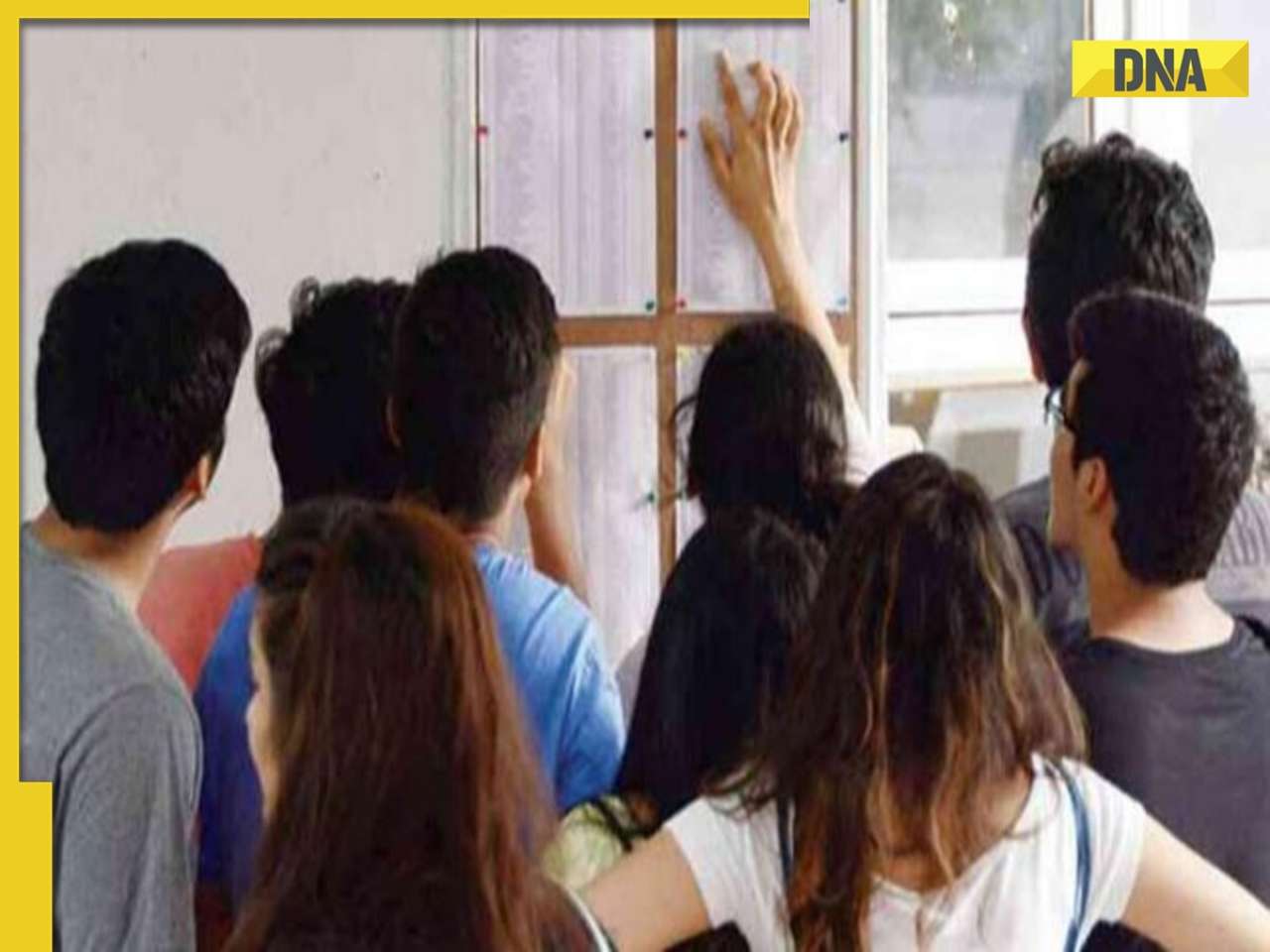
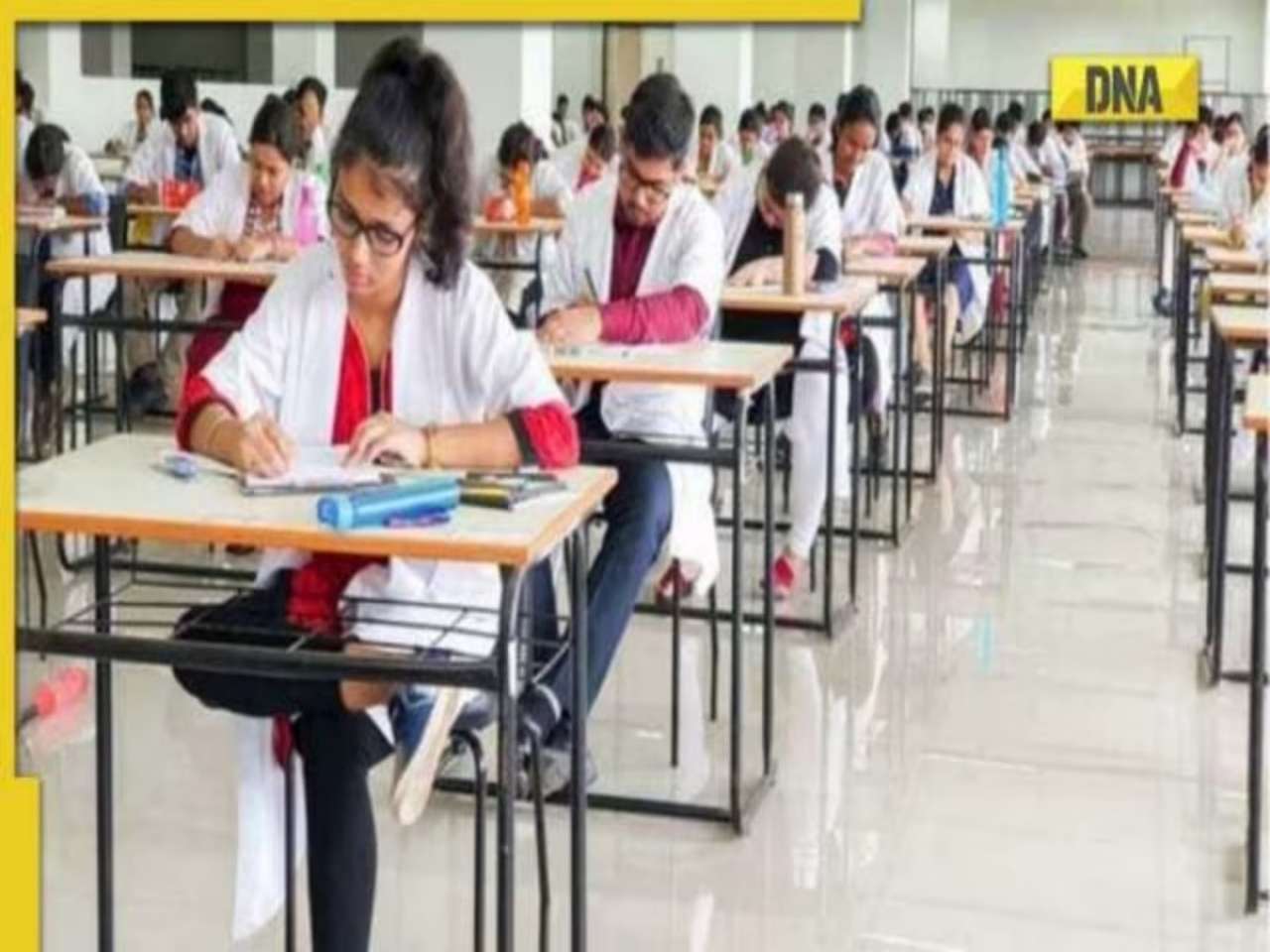





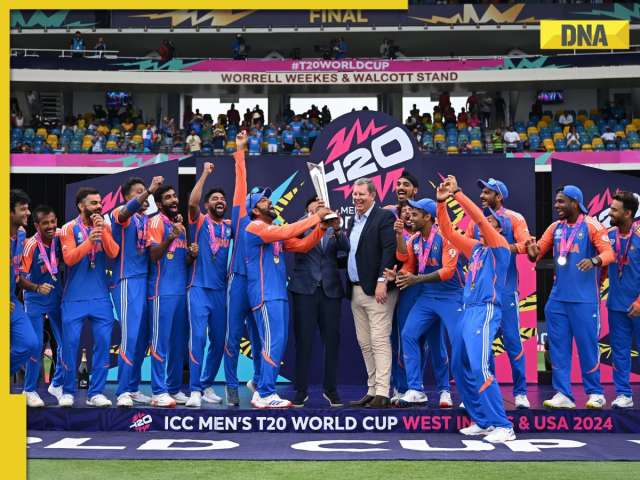
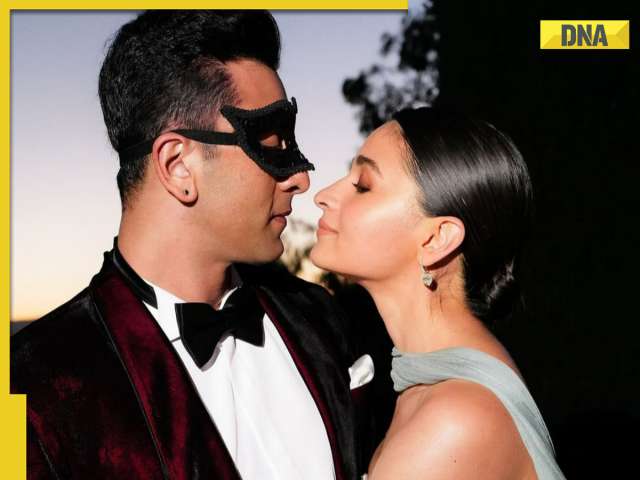


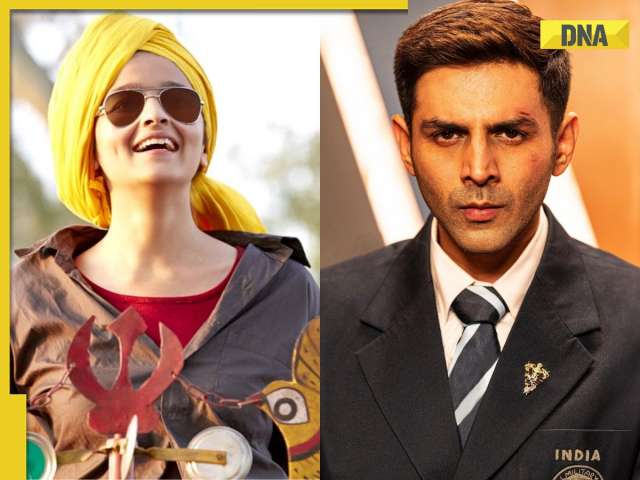
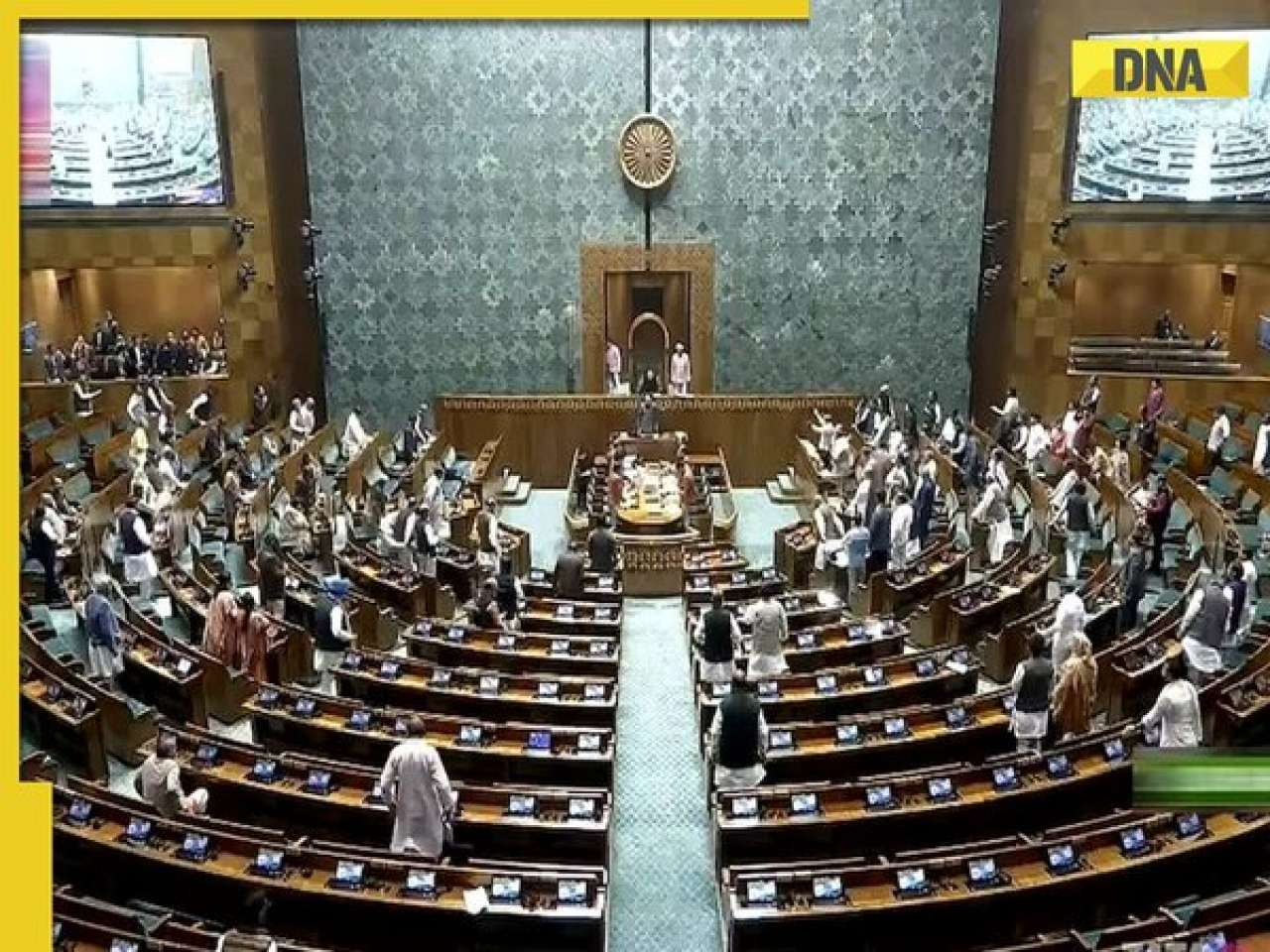
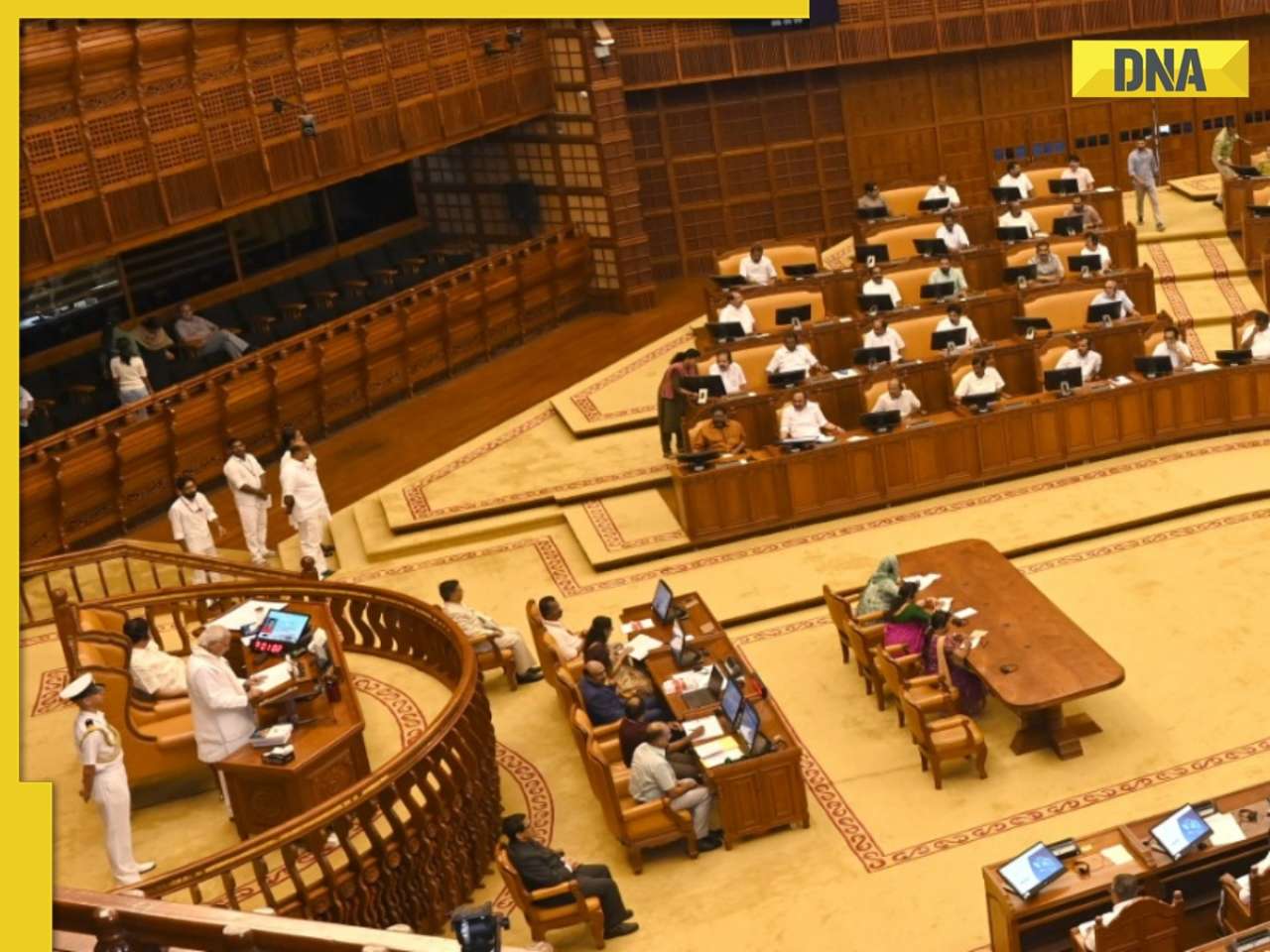






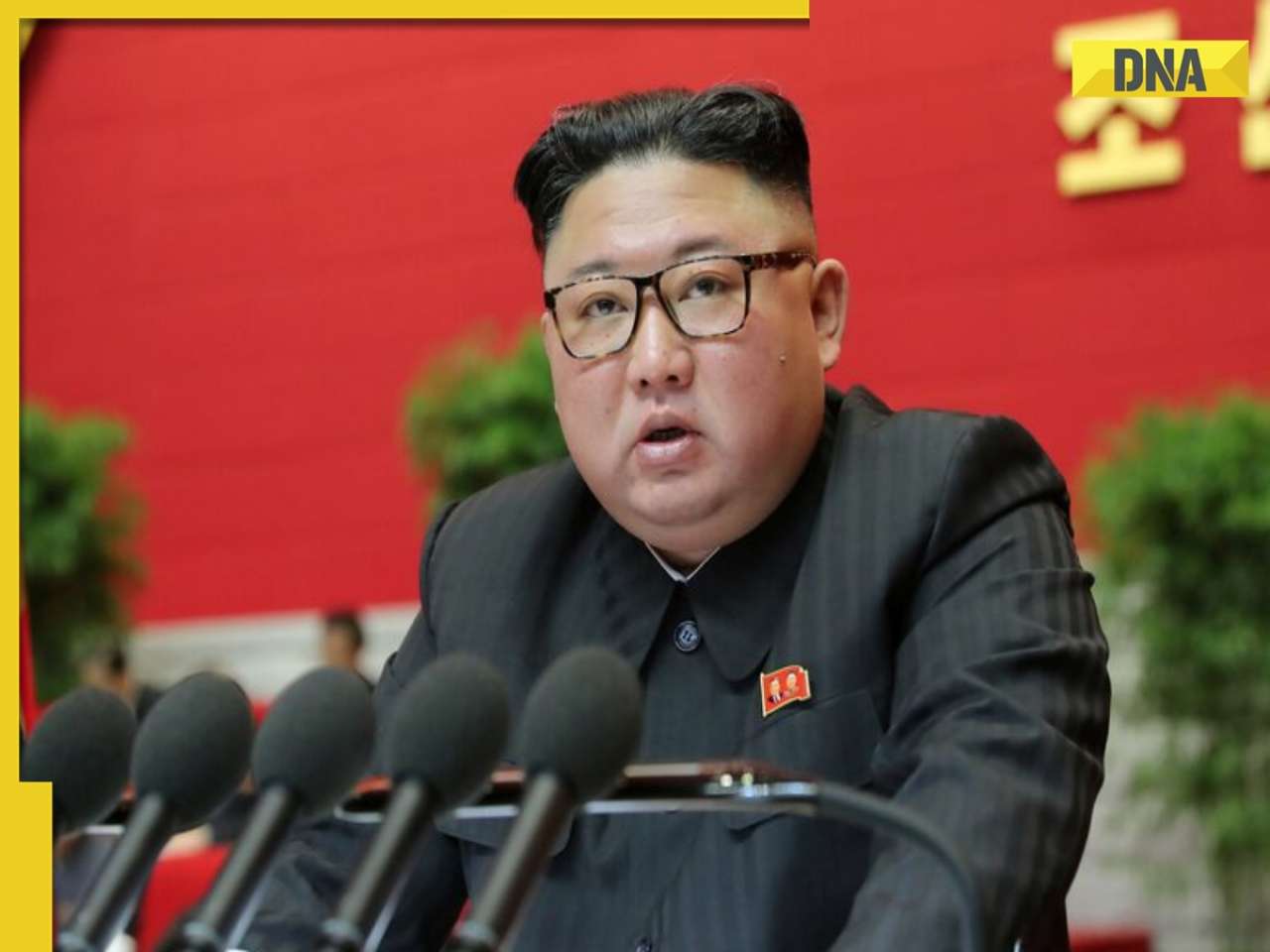





)
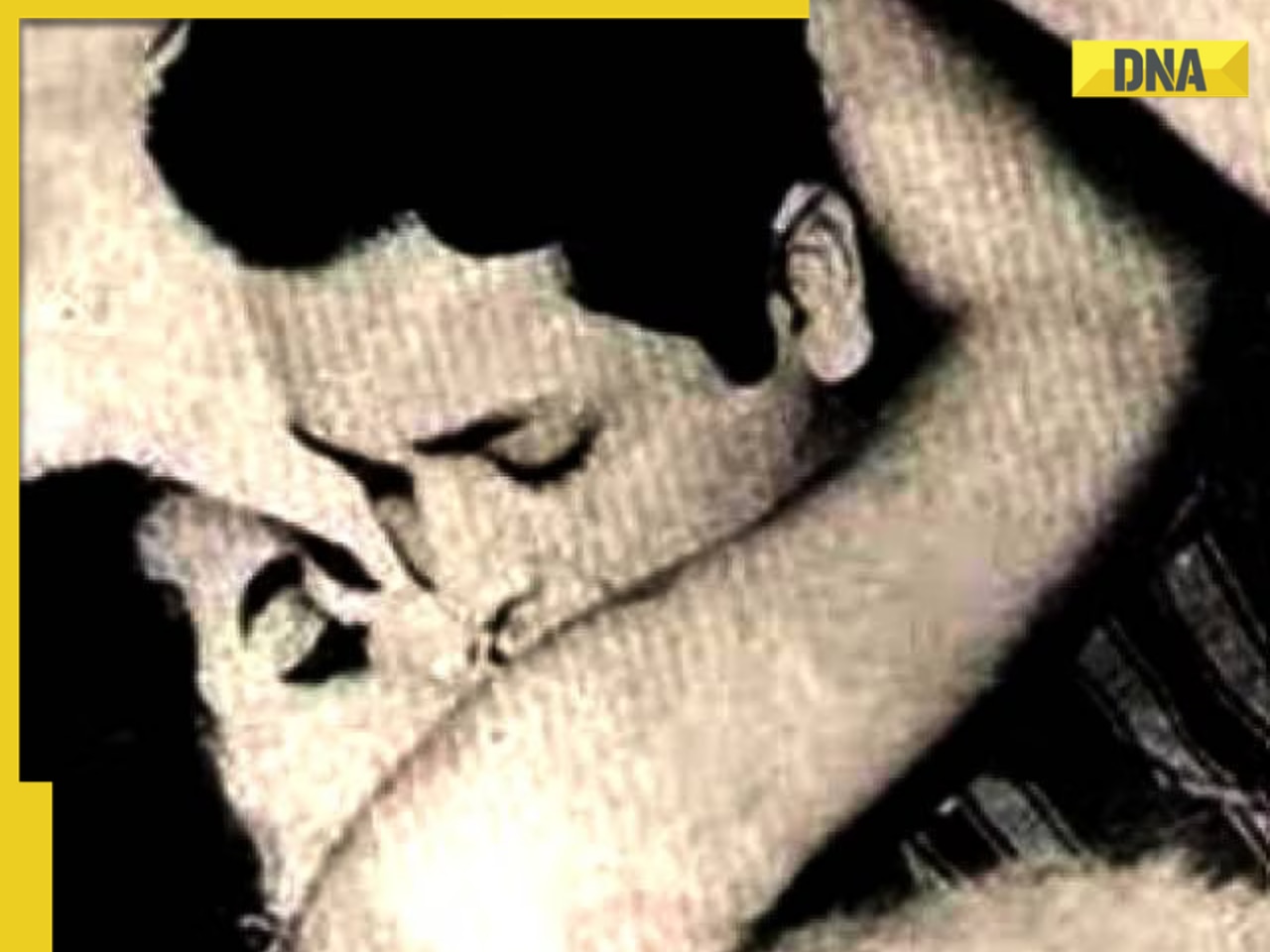
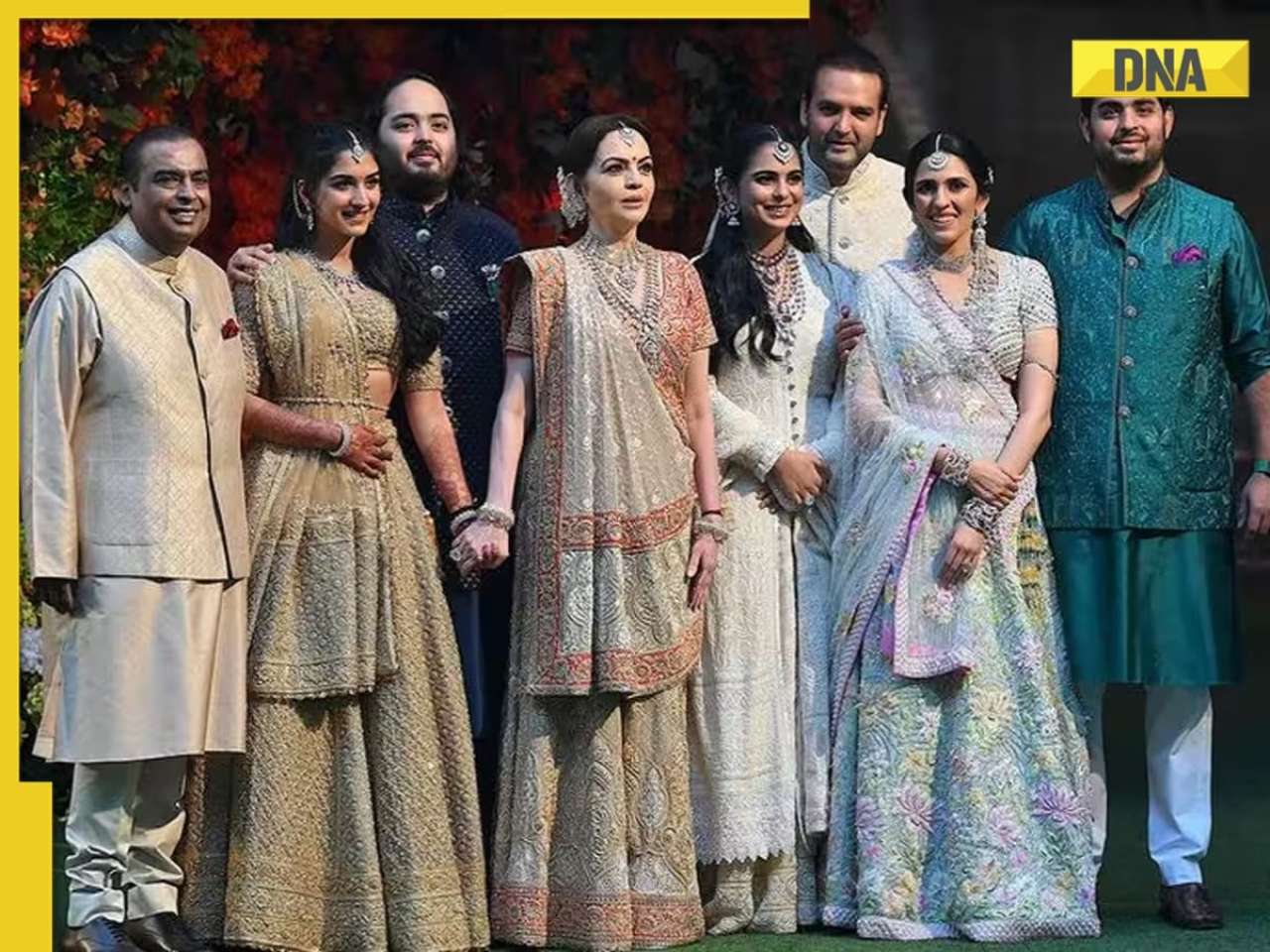
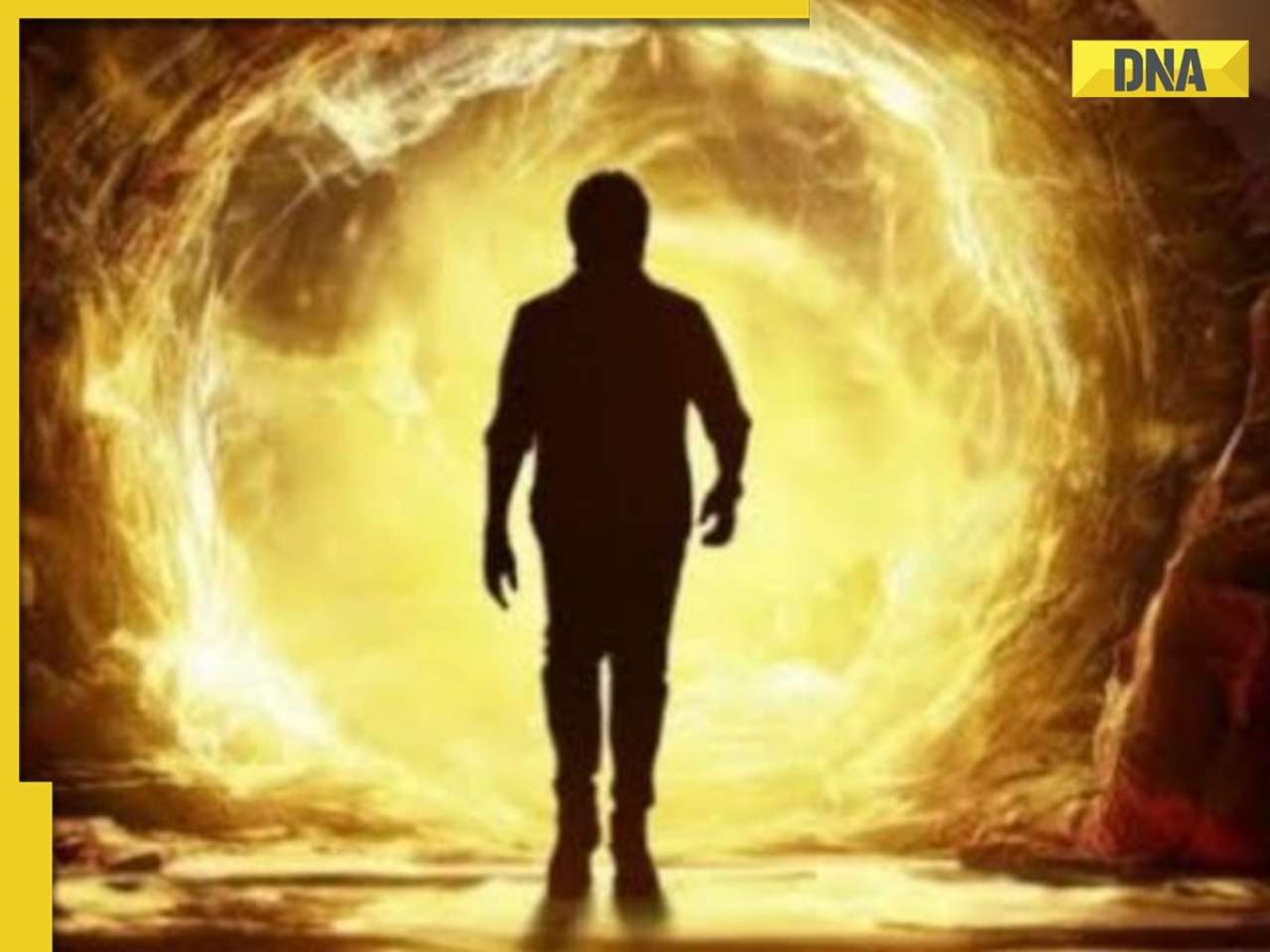
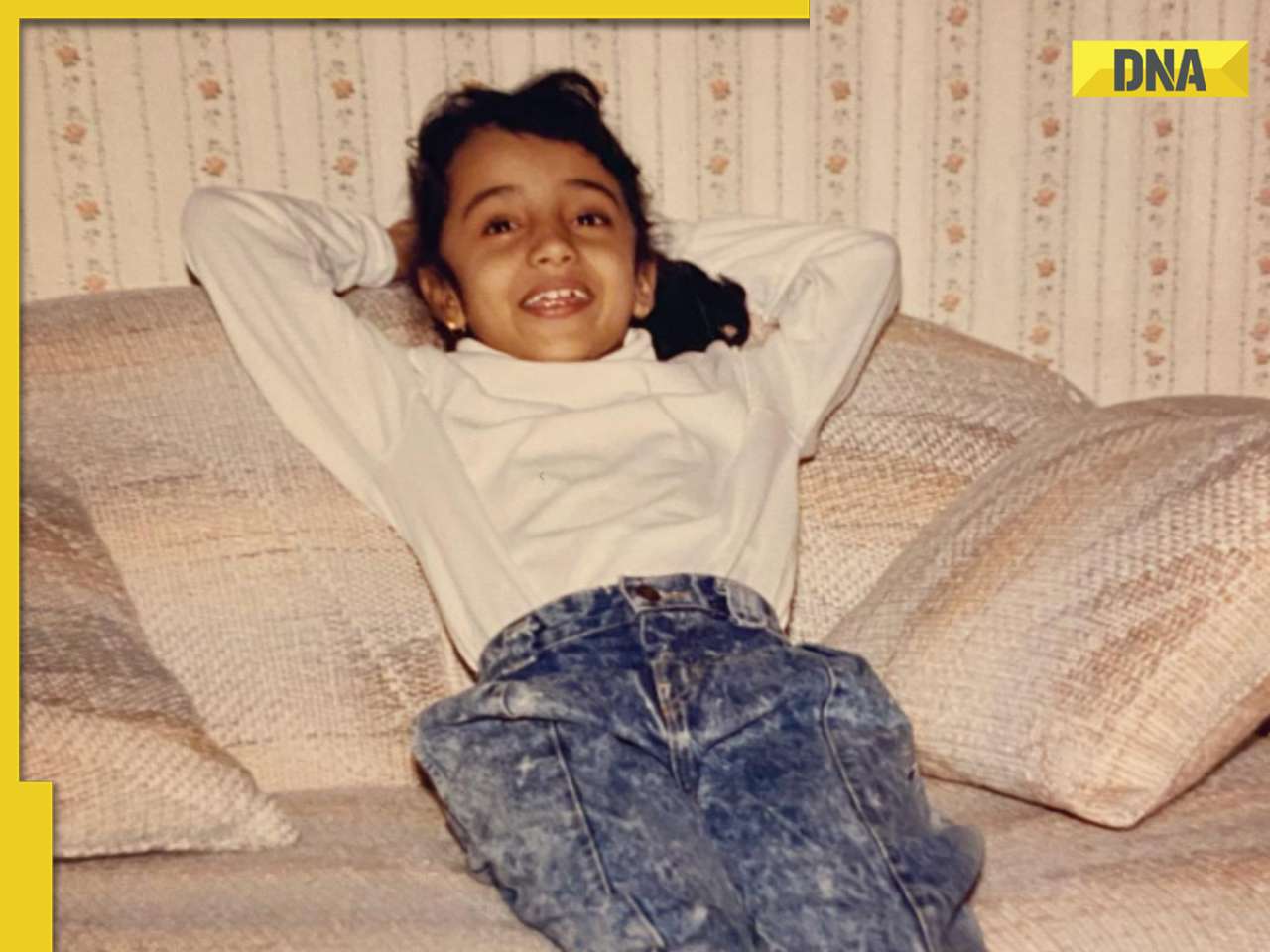



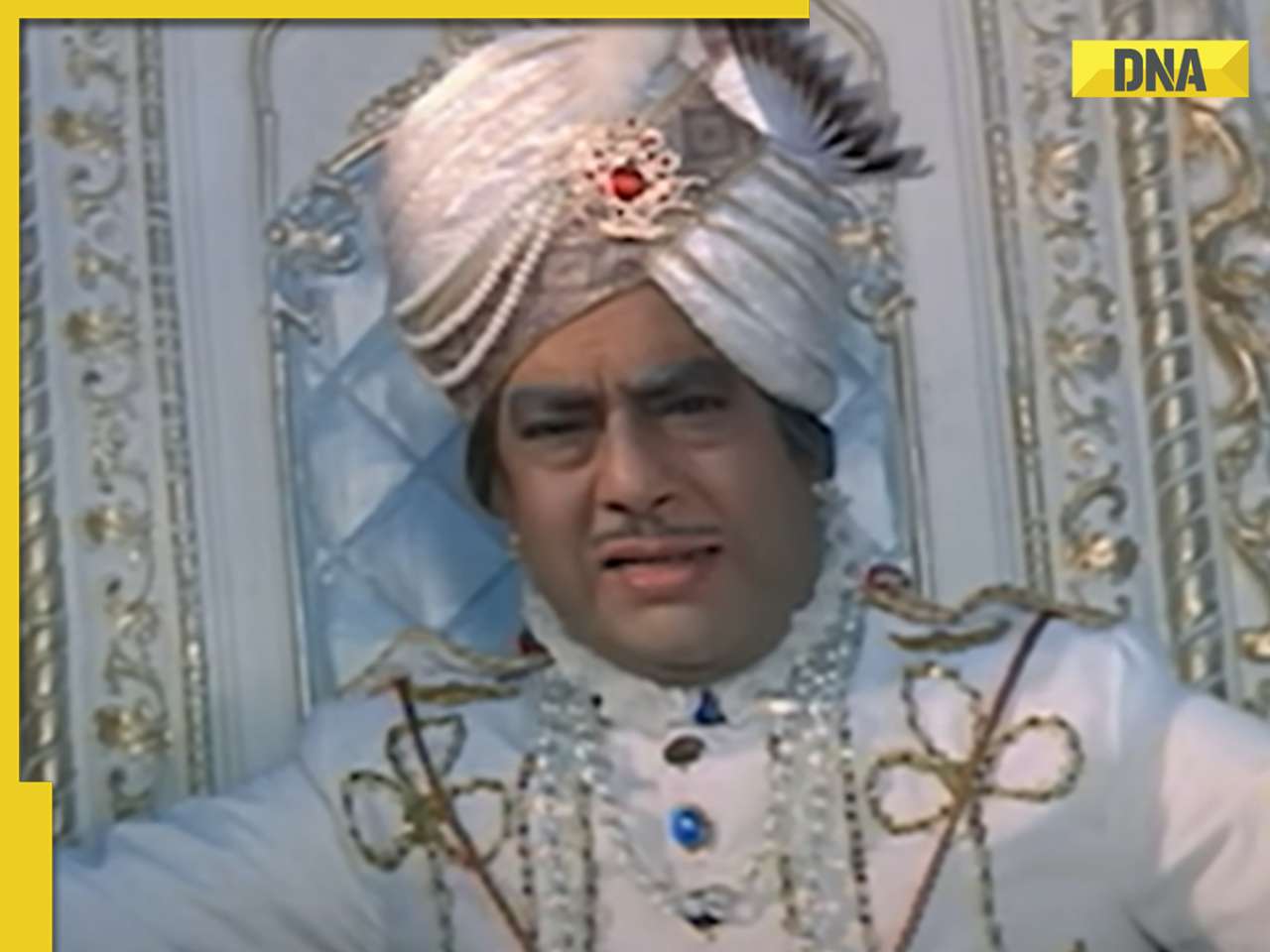
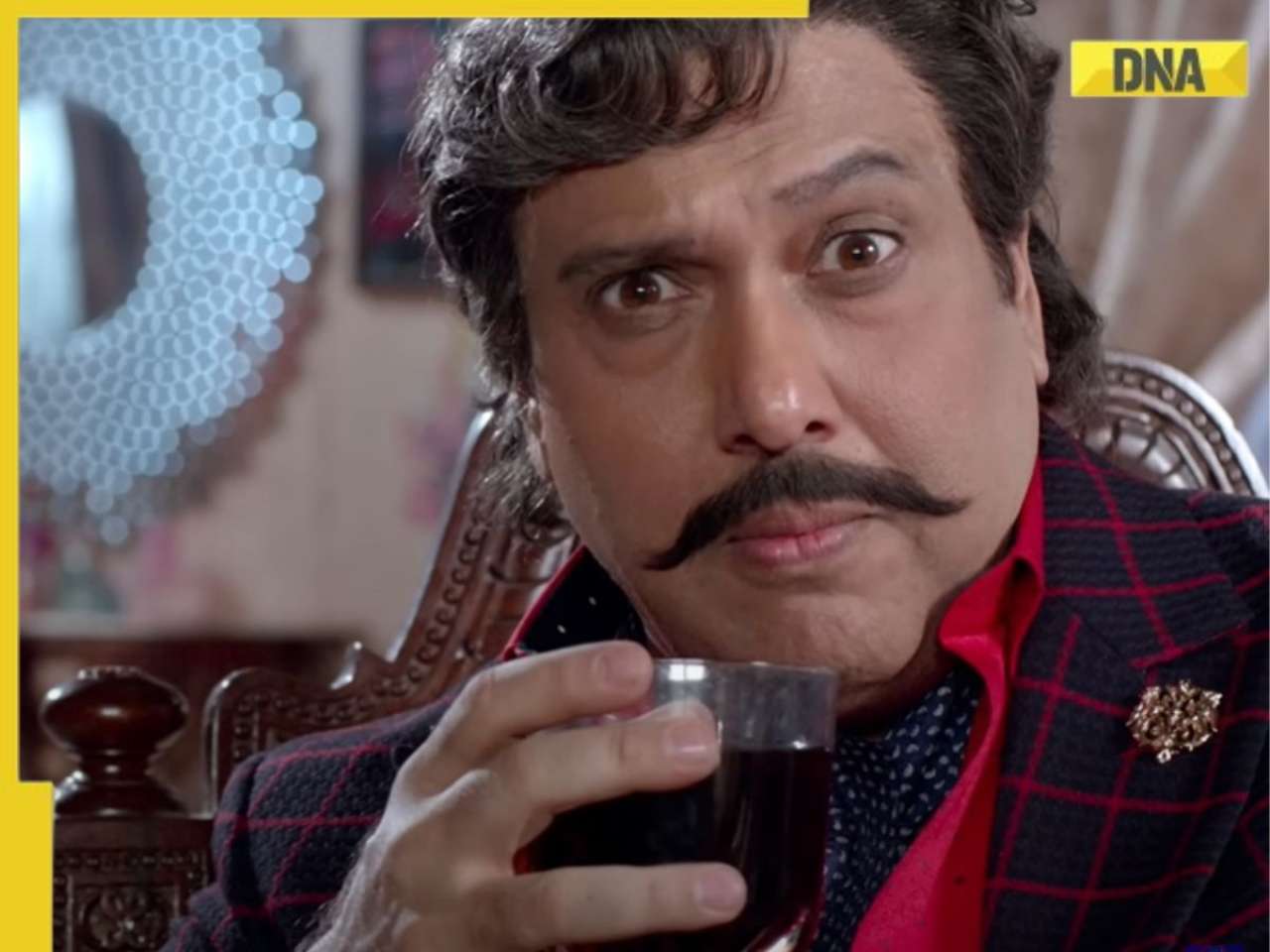
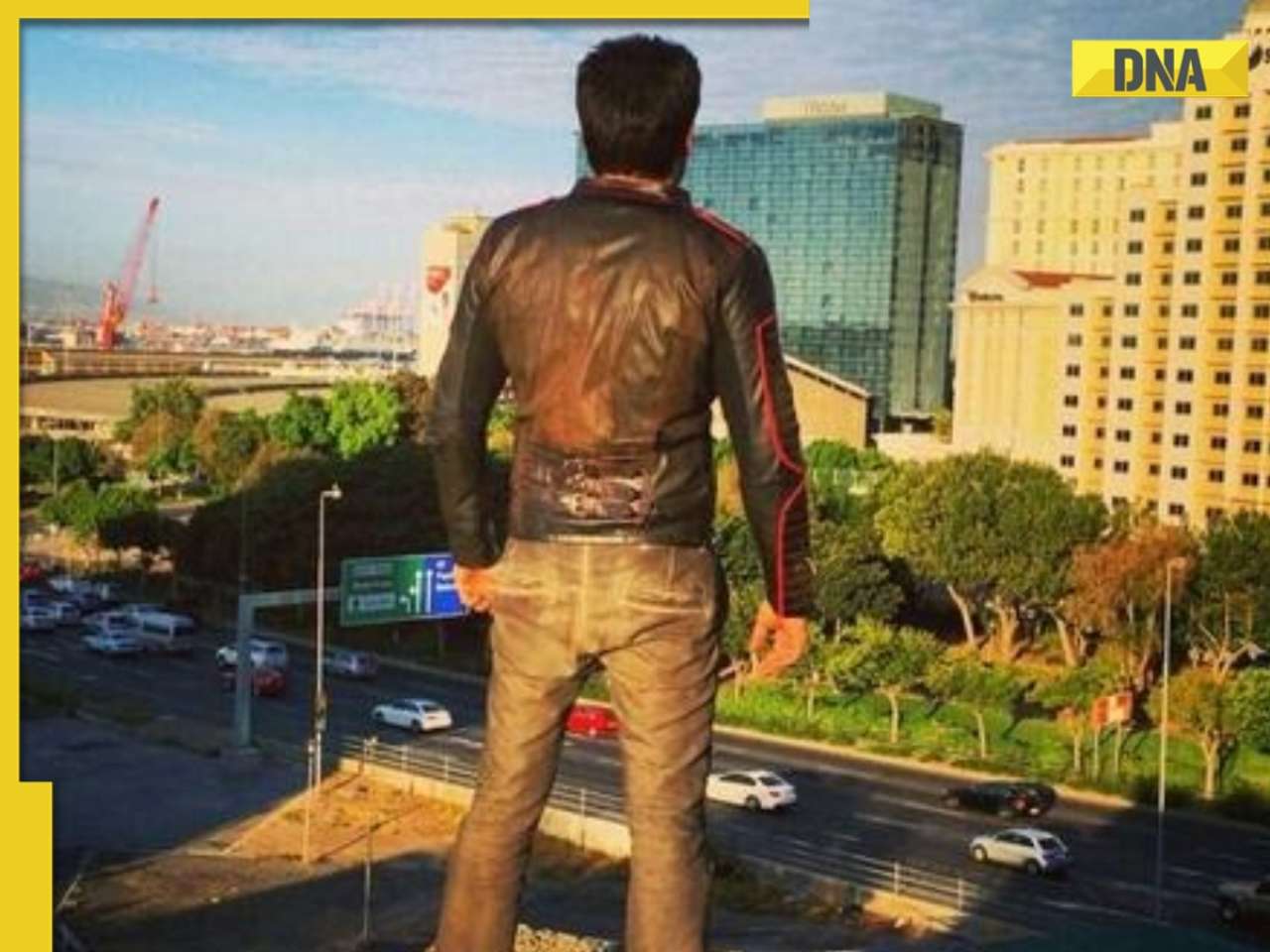
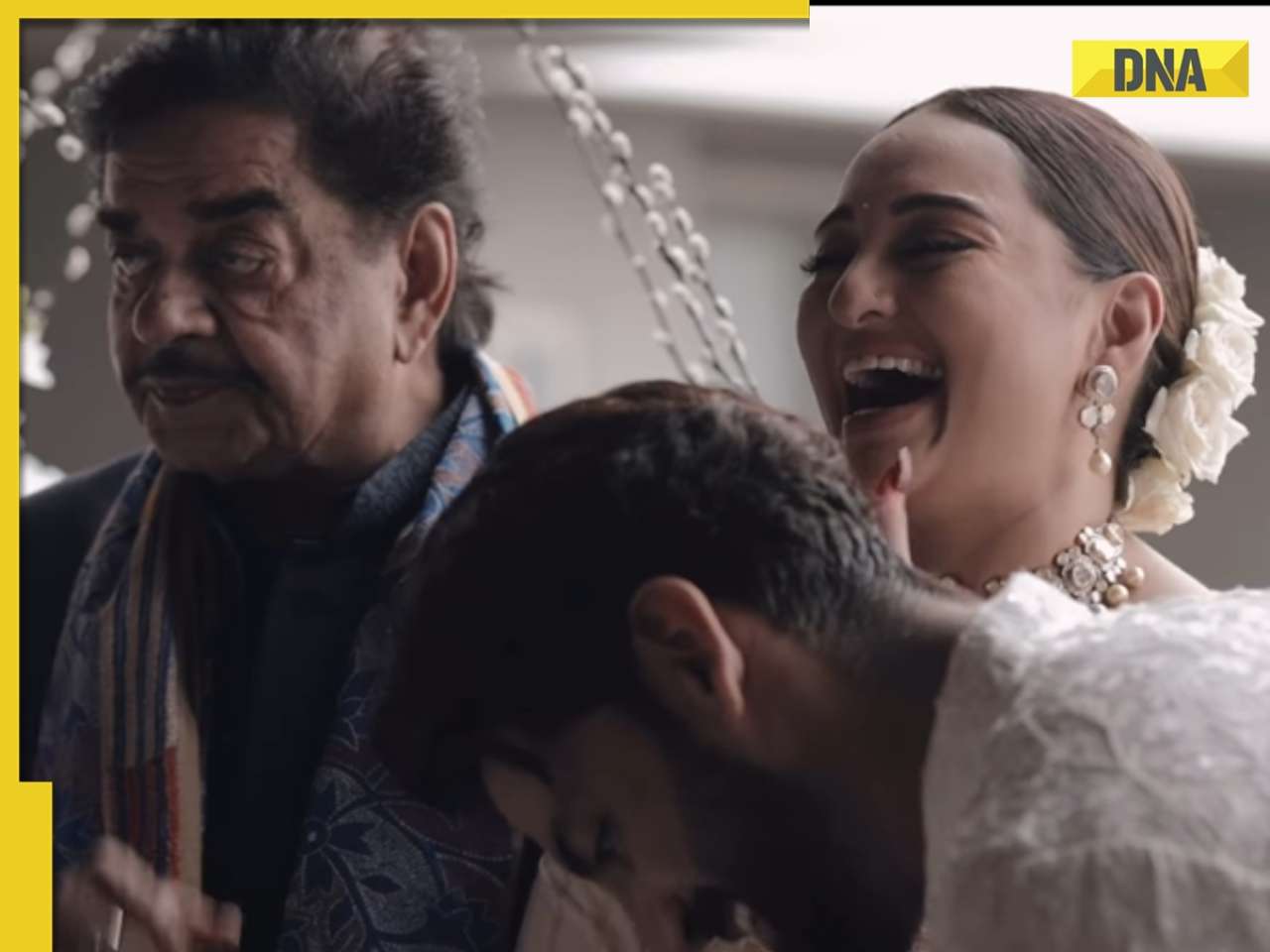




)
)
)
)
)
)